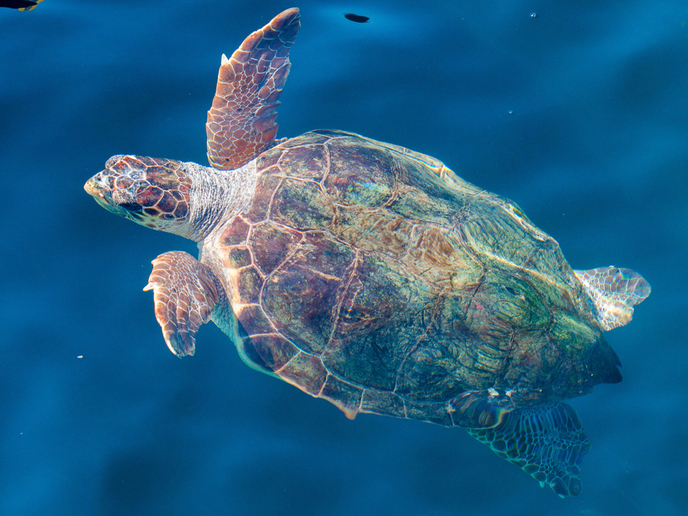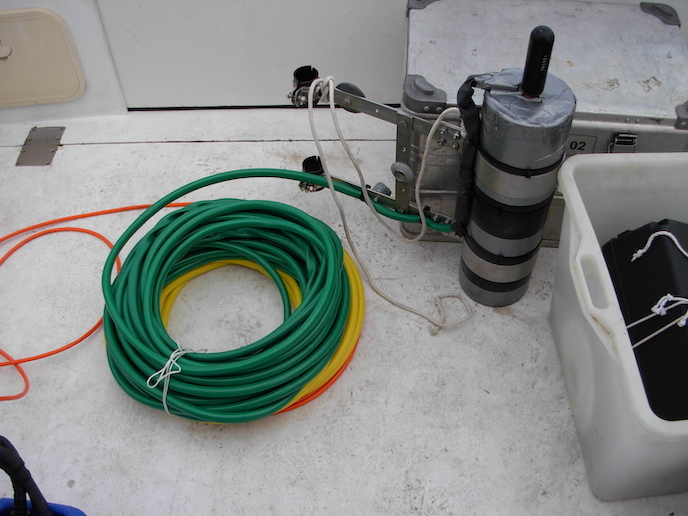Exploring human-cetacean relations in maritime East Asia
Across coastal regions of East and South-East Asia, marine mammals are linked to the divine. Spirits of whales are venerated in some parts of Japan; cetaceans are worshipped as gods in Vietnam; and aquatic mammals are or were associated with water deities in China, Cambodia and the Ryukyu Islands. While the religious connotations have changed through time, these majestic animals still hold significant symbolic capital today – especially in light of widespread ecological degradation. In the WhoP(opens in new window) project, which was funded by the European Research Council(opens in new window), researchers at the University of Oslo explored the links between humans and cetaceans in the region through an examination of current ritual traditions. “My hypothesis is that environmental and societal changes affect ritual practices and people’s interpretation of them, and that the ways in which people invoke their gods and spirits is shaped by the challenges they face in their everyday lives,” explains Aike Peter Rots(opens in new window), professor of East Asian religions at the University of Oslo and principal investigator of the WhoP project.
Combining ethnographic fieldwork with literature analysis
The team’s research was a multidisciplinary effort combining ethnographic fieldwork, literature research and document analysis in the archives of the International Whaling Commission. One example comes from a coastal community in Vietnam, facing serious beach erosion thought to have been caused by human activity, climate change and spirits who had lost their dwelling places. “People made ritual offerings to pacify these spirits, but also called upon the whale god, Cá Ông, to bring back sand to the beach,” says Rots. “This is one example of a ritual tradition that takes on new significance in the light of present-day concerns.” More case studies will be available in a forthcoming edited volume, ‘Water Powers: Sacred Aquatic Animals of the Asia-Pacific’, to be published in 2026.
Insights into religious practices
One important insight was that across the region, so-called ‘folk religions’ are not in decline. Yet they are shifting: ritual traditions and places of worship are increasingly appropriated by state and corporate actors and reclassified as ‘cultural heritage’, turning them into public property. “This can lead to the marginalisation or exclusion of local worshippers and patrons,” remarks Rots, citing an example of whale festivals in Vietnam, where local temple communities have to accommodate the wishes of secular authorities and sponsors. “A second insight, however, is that states and other powerful actors do not fully own and control the rituals, temples and gods, try as they might,” adds Rots. People continue to establish and cultivate personal relationships with the natural world around them, including through new, creative ways to engage in environmental activism through ritual action. Yet Rots cautions that religious appreciation doesn’t always lead to ecological protection(opens in new window). “A belief in immanent deities – for instance, gods who take the shape of whales – does not automatically translate into sustainable behaviour(opens in new window), let alone environmental action,” he notes.
Developing a theory of ritual and environmental change
The research raised many questions in need of further investigation, which the team hopes to continue under future projects. Rots has applied for a new grant, to help him conduct more ethnographic research in the region. “I will also continue the work of developing a comprehensive theory of ritual and environmental change,” he concludes. “I feel that, in many ways, Whales of Power was just the beginning.”



